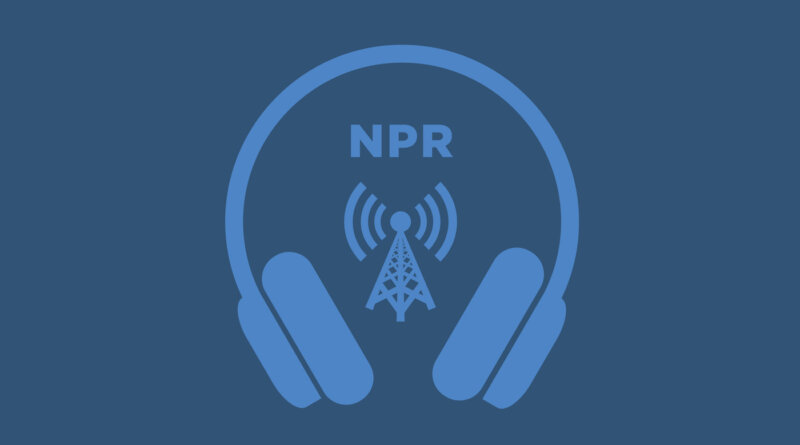Federal Government Cracks Down On Emotional Support Animals On Planes : NPR
Under a new Department of Transportation rule, only emotional support dogs that meet strict service animal standards will be allowed to fly. The new rule goes into effect next month.
NOEL KING, HOST:
The wild days of bringing an emotional support cat or pig or miniature horse on a plane are coming to an end. The federal government has a new rule – only dogs that meet specific training criteria will be allowed. Here’s NPR’s David Schaper.
DAVID SCHAPER, BYLINE: Remember a couple of years ago when a woman tried to bring an emotional support peacock on board a flight or the backlash when Delta Airlines actually allowed a passenger to bring a comfort turkey on a plane?
PAUL HARTSHORN: It’s gotten really out of control.
SCHAPER: Paul Hartshorn is a flight attendant for American Airlines and spokesman for the flight attendants union there.
HARTSHORN: For the most part, I will say it’s dogs that are not properly trained, but we have seen everything from pigs to monkeys to hamsters. You name it, we’ve seen it.
SCHAPER: And Hartshorn says it’s not just the flight crews who are increasingly annoyed.
HARTSHORN: This has made many passengers incredibly uncomfortable. You know, it’s the incessant barking. It’s the possible defecation in the cabin, which is happening more times than I care to tell you.
SCHAPER: Hartshorn says some crew members and passengers have even been bitten by these animals that were allowed on planes because of travelers exploiting a loophole in federal law to avoid paying for their pets to fly with them. Most airlines charge passengers a fee to fly with their small pets inside the cabin. But federal law allowed people with disabilities to have service animals free of charge, including emotional support and comfort animals without clearly defining what those are. Gary Leff writes the airline industry blog the View from the Wing.
GARY LEFF: Anybody who simply mentioned emotional support animal was giving themselves a blank check to bring on any animal that they wanted, at least onto a domestic flight.
SCHAPER: Now, a new federal rule defines a service animal strictly as a dog that is individually trained to do work or perform tasks for the benefit of a qualified individual with a disability, including a physical, sensory, psychiatric, intellectual or other mental disability. And the passenger must provide thorough documentation. Again, airline industry blogger Gary Leff.
LEFF: So it’s going from one extreme to another extreme.
SCHAPER: Airlines and their employee unions support the new rule, but some advocates for people with disabilities argue that it goes too far. Curt Decker heads the National Disability Rights Network and says there are legitimate emotional support animals like cats and rabbits that may not have service animal training or perform specific tasks…
CURT DECKER: But may, in fact, lower the anxiety level of someone with an intellectual disability, autism or other kind of mental health issue where flying is very stressful and would be calmed by having a legitimate emotional support animal with them.
SCHAPER: Decker acknowledges there were widespread abuses, but he says the one-size-fits-all narrow new rule will hurt a wide range of travelers, including those with anxiety disorders or PTSD.
DECKER: Now people, you know, who do feel they need this kind of support and can’t afford it will now be eliminated from flying.
SCHAPER: Decker and other advocates say they’ll lobby the incoming Biden administration to reverse or revise the new rule. Airlines can decide to continue to allow emotional support animals on flights. Otherwise, passengers will have to pay the pet fee of up to $175 to bring their small support or comfort animals on the plane with them. David Schaper, NPR News.
(SOUNDBITE OF WAVCRUSH’S “BENCHES”)
Copyright © 2020 NPR. All rights reserved. Visit our website terms of use and permissions pages at www.npr.org for further information.
NPR transcripts are created on a rush deadline by Verb8tm, Inc., an NPR contractor, and produced using a proprietary transcription process developed with NPR. This text may not be in its final form and may be updated or revised in the future. Accuracy and availability may vary. The authoritative record of NPR’s programming is the audio record.




